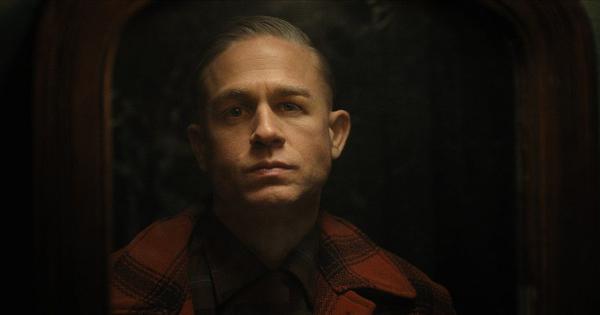Netflix’s portrayal of Ed Gein raises questions about sensationalism and the allure of true crime narratives.
Charlie Hunnam stars in the Netflix series created by Ryan Murphy and Ian Brennan, which delves into the disturbing life of American murderer Ed Gein. This series emerges at a time when the portrayal of serial killers continues to provoke debate about ethics and representation in media. Gein, who was arrested in 1959 for the murders of two women, is infamous not just for his crimes but also for the grisly practices that followed. Investigations revealed that he had raided graves, using human remains to craft macabre items for his home, including facial masks and a lampshade.
The narrative explores Gein’s troubled psyche, including his fixation on his mother, Augusta, and his struggles with relationships. The show draws on psychological theories such as undiagnosed schizophrenia to explain his actions. It is part of a broader trend in true crime storytelling, following previous series about Jeffrey Dahmer and the Menendez brothers, yet it seems to lean heavily into sensationalism.
In this latest installment, the series presents an uncomfortable juxtaposition between Gein’s gruesome acts and the horrors of the Holocaust. Gein, portrayed by Hunnam, becomes an object of fascination for a true crime enthusiast named Adeline, played by Suzanna Son. Adeline’s interest in horrific imagery evokes a complex reaction in Gein, leading him to question the morality of his own actions in light of human cruelty.
Vicky Krieps portrays Isle Koch, a character inspired by a historical figure associated with the Buchenwald concentration camp. The series indulges in dream sequences that suggest a connection between Koch and Gein, based on the apocryphal story of her crafting a lampshade from human skin. The show depicts Gein’s mother as an oppressive force, instilling in him a view of women as sinful beings. This relationship is central to Gein’s psyche, as he navigates his own desires and the trauma inflicted by his mother.
While the series is visually striking, it fails to address the misogyny that often underlies the stories of serial killers. Instead, it seems to portray Gein as a tragic figure, a victim of his circumstances rather than a monster. This perspective is reinforced by Hunnam’s performance, which evokes sympathy despite the horrific nature of Gein’s actions.
Additionally, the show engages with popular culture’s fascination with serial killers, highlighting Gein’s influence on notable works like Robert Bloch’s novel Psycho and its subsequent film adaptation by Alfred Hitchcock. The series includes fictionalized interactions between Bloch and Hitchcock, which may not align with historical accuracy, yet it attempts to contextualize Gein’s impact on horror narratives.
As the series progresses, it presents Gein as a role model for other serial killers, which raises ethical questions about the portrayal of such figures. The show’s creators seem more inclined to showcase graphic imagery and evoke misguided empathy rather than critically examine the implications of Gein’s actions and legacy. Ultimately, while it attempts to explore the complexities of Gein’s character, it risks glamorizing his monstrosity rather than providing a meaningful critique of his life and crimes.








